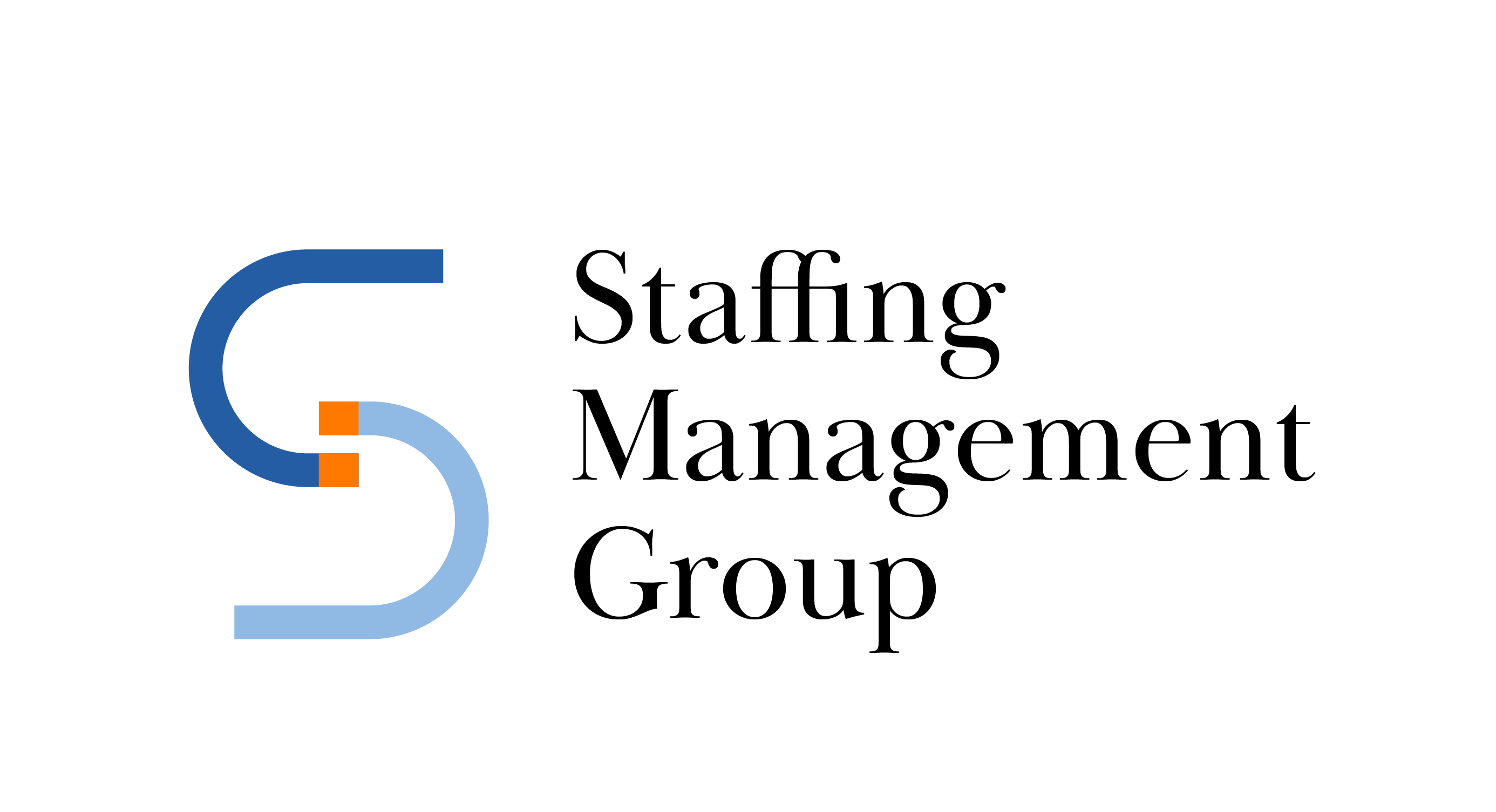The Role of Soft Skills in the Hiring Process
 Soft skills, also known as interpersonal skills or people skills, are the personal attributes that enable someone to interact effectively and harmoniously with other people. They are essential for success in any workplace, and employers are increasingly looking for candidates with strong soft skills.
Soft skills, also known as interpersonal skills or people skills, are the personal attributes that enable someone to interact effectively and harmoniously with other people. They are essential for success in any workplace, and employers are increasingly looking for candidates with strong soft skills.
Why are soft skills important in the hiring process?
Soft skills are important in the hiring process for a number of reasons. First, they are essential for building relationships with colleagues, clients, and customers. Strong soft skills allow employees to communicate effectively, collaborate effectively, and resolve conflict constructively.
Second, soft skills are essential for adapting to change and thriving in dynamic work environments. Today’s workplaces are constantly changing, and employees need to be able to learn new things quickly and adapt to new ways of working. Soft skills such as adaptability, creativity, and problem-solving are essential for success in this type of environment.
Third, soft skills are essential for leadership. Even employees who are not in formal leadership positions need to be able to lead and motivate others. Soft skills such as communication, empathy, and delegation are essential for effective leadership.
What are the most important soft skills for employees to have?
The most important soft skills for employees to have vary depending on the specific job and industry. However, some of the most common soft skills that employers look for include:
- Communication: The ability to communicate effectively, both verbally and in writing, is essential for success in any workplace.
- Teamwork: The ability to work effectively with others as part of a team is also essential.
- Problem-solving: The ability to identify and solve problems is another important soft skill.
- Adaptability: The ability to adapt to change and learn new things quickly is also important in today’s fast-paced workplaces.
- Creativity: The ability to think outside the box and come up with new ideas is also valuable for many employees.
How to assess soft skills in candidates
There are a number of ways to assess soft skills in candidates. One common approach is to ask behavioral interview questions. These questions are designed to elicit examples of how the candidate has demonstrated soft skills in the past.
For example, to assess a candidate’s communication skills, you might ask them to tell you about a time when they had to communicate a complex idea to someone who was not familiar with it. To assess a candidate’s teamwork skills, you might ask them to tell you about a time when they had to work closely with others to achieve a common goal.
Another way to assess soft skills is to use personality assessments. These assessments can measure a candidate’s personality traits, which can be correlated with certain soft skills. For example, a candidate who scores high on a measure of extraversion is likely to have good communication and teamwork skills.
How to improve your soft skills
If you are a job seeker, there are a number of things you can do to improve your soft skills. One way is to practice behavioral interviewing. Think of examples of how you have demonstrated soft skills in the past, and be prepared to talk about them in your interviews.
Another way to improve your soft skills is to take courses or workshops. There are a number of resources available to help you develop your soft skills, such as online courses, books, and workshops.
Finally, you can also improve your soft skills by volunteering or joining a club or organization. This can give you the opportunity to practice your soft skills in a real-world setting.
Soft skills are essential for success in any workplace. By developing your soft skills, you can increase your chances of getting hired and succeeding in your career.
